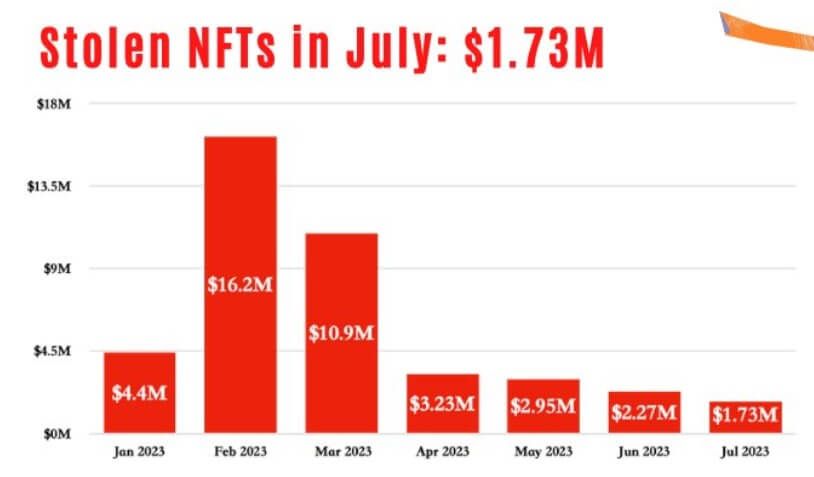Nate Chastain sentenced to three months for insider trading at OpenSea

Nate Chastain, formerly an employee at OpenSea, has been sentenced to three months in prison on insider trading charges according to the U.S. DOJ on Aug. 22.
U.S. Attorney Damian Williams commented:
“Nathanial Chastain faced justice today for violating the trust that his employer placed in him by using OpenSea’s confidential information for his own profit. Today’s sentence should serve as a warning … that insider trading … will not be tolerated.”
In addition to his three-month prison sentence, Chastain will serve three months of house arrest and three years of supervised release.
Chastain will additionally pay a $50,000 fine and surrender any Ethereum (ETH) that he earned by illegally trading non-fungible tokens (NFTs). Reuters separately reported, based on the latest court proceedings, that Chastain will surrender $26,000 in ETH.
Reuters also suggested that prosecutors aimed to have Chastain serve a lengthier prison sentence ranging between 21 months and 27 months. Chastain’s own lawyers asked for their client to receive no prison time due to the fact that Chastain had lost his job and reputation as well as millions of dollars in equity in OpenSea itself.
That report additionally indicates that Chastain will remain on bail until Nov. 2, and that Chastain’s bail could be extended so that he can appeal. Reuters added that Chastain will serve 200 hours of community service as part of the sentence.
Chastain engaged in insider trading
The actions over which Chastain has been convicted are considered a form of insider trading. Chastain purchased NFTs that he knew would later be featured on OpenSea’s front page and earned profits through that special knowledge.
Chastain engaged in that illegal trading activity between June 2021 to September 2021, after which he resigned from OpenSea. He was finally convicted of wire fraud and money laundering in May 2023 prior to today’s sentencing.
This case holds significance as it is widely considered the pioneering insider trading case involving non-fungible tokens (NFTs), marking a crucial turning point for legal precedents in the digital assets space.
In a related context, prosecutors drew parallels to another notable case against Ishan Ishan Wahi, a former Coinbase executive. Wahi, who was sentenced to two years in prison for insider trading, had traded cryptocurrencies with his brother using privileged knowledge of upcoming Coinbase listings.




